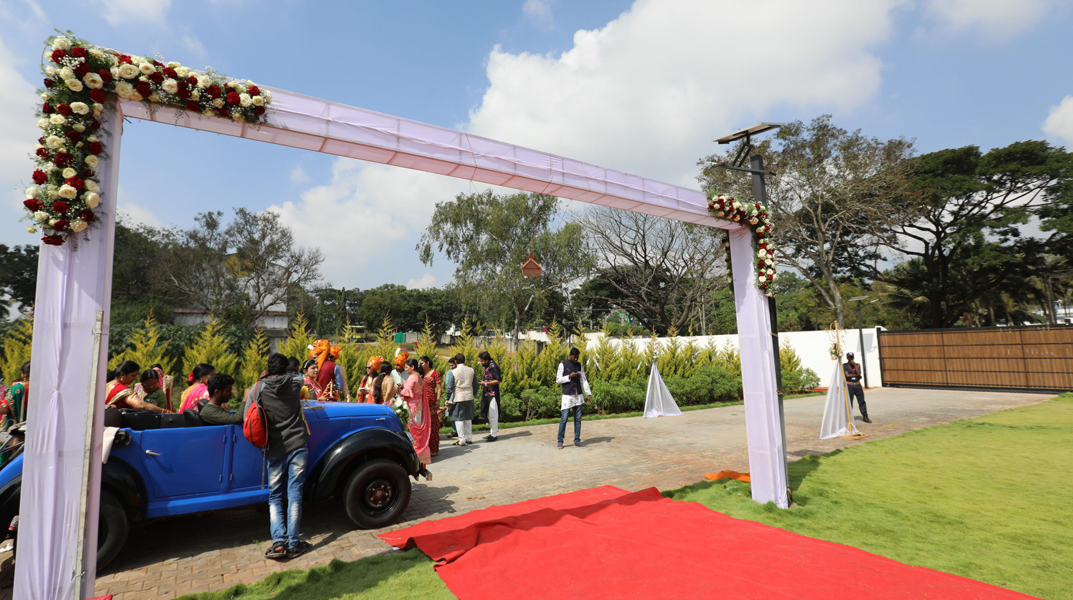
How to Plan a Destination Wedding in India
Planning a destination wedding can be an exciting yet challenging journey. It involves detailed preparation and thoughtful consideration of various factors to ensure a seamless and memorable celebration. This comprehensive guide will walk you through the steps How to Plan a Destination Wedding in India, drawing insights from top competitors in the field.
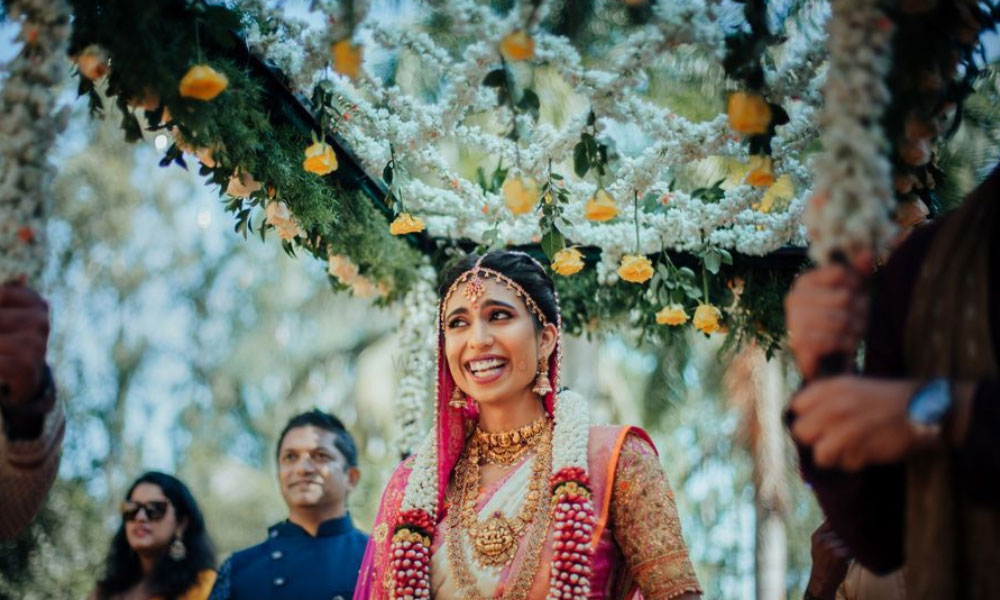
1. Decide on a Destination
Choosing the right destination is crucial for your wedding’s success. Consider factors like the climate, accessibility, and scenic beauty of the location. Think about whether you want a beach wedding, a historic city setting, or a serene countryside affair.
Research popular wedding destinations and evaluate their pros and cons. Consider also the cultural significance and any language barriers. The destination should reflect your personal style and provide the backdrop you envision for your special day.
2. Set a Budget
Destination weddings can range from moderately priced to extremely lavish. Set a realistic budget early in the planning process. Include expenses like travel, accommodation, venue rental, catering, and local vendor costs.
Don’t forget to consider exchange rates if you’re marrying abroad. A well-planned budget helps avoid overspending and allows you to allocate funds for different aspects of your wedding efficiently.
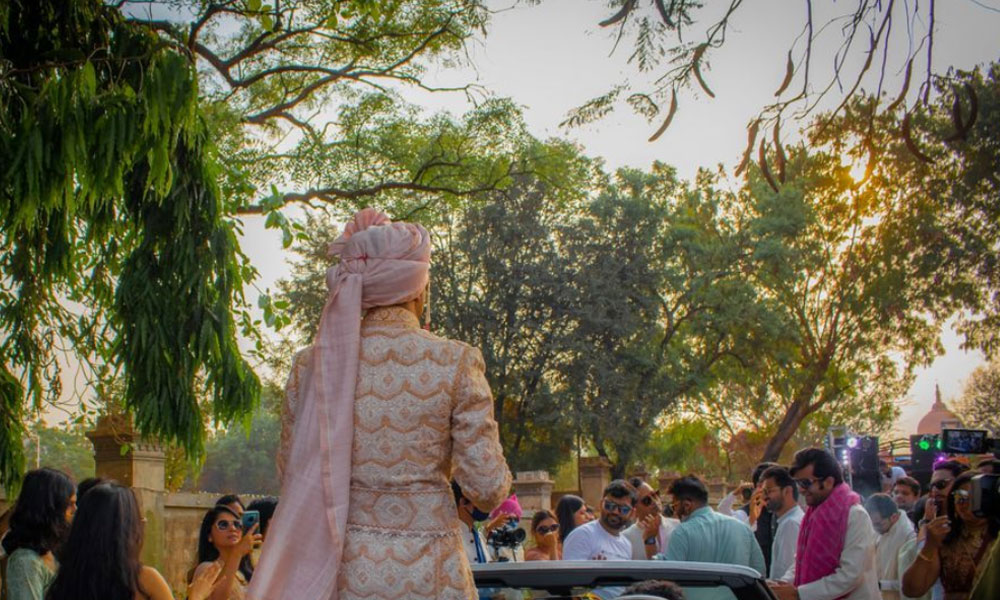
3. Hire a Local Wedding Planner or Coordinator
A local wedding planner is invaluable for a destination wedding. They have insights into the best local vendors, venues, and can navigate any cultural or language barriers. They can help with site inspections, negotiations, and ensure that your vision is executed flawlessly. A local coordinator becomes your on-site advocate, ensuring every detail is taken care of.
4. Visit the Location in Advance
If possible, visit your chosen destination before the wedding. This allows you to scout venues, taste catering options, and meet vendors in person. If a pre-wedding visit isn’t feasible, rely on virtual tours, online reviews, and your planner’s insights. A firsthand look at the location can provide peace of mind and ensure it meets your expectations.
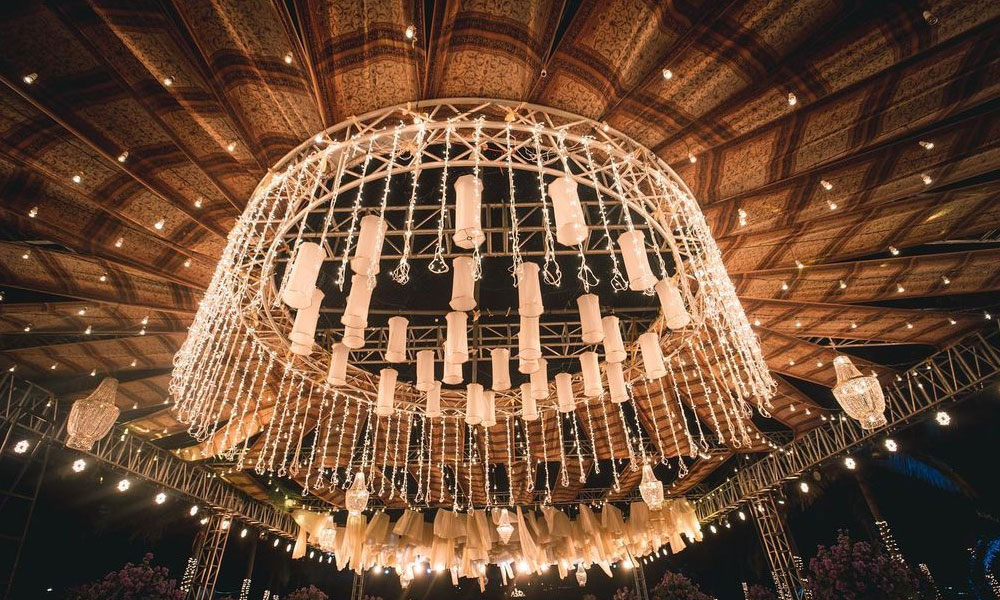
5. Choose the Right Venue
Selecting the perfect venue is essential. It should fit your guest count, style, and have the necessary facilities. Consider whether the venue offers all-inclusive wedding packages, which can simplify the planning process. Check if the venue can accommodate your ceremony, reception, and any other wedding-related events.
6. Plan for Accommodations
Secure accommodations for your guests. Look for hotels or resorts that offer group rates and consider the proximity to your wedding venue. Providing accommodation options for different budgets ensures all your guests can attend comfortably. Arrange transportation to and from the venue if necessary.

7. Send Save-the-Dates and Invitations Early
For destination weddings, it’s important to send out save-the-dates and invitations earlier than for local weddings. This gives guests time to plan their travel and accommodation. Include detailed information about the destination, travel options, accommodation, and any group discounts you’ve arranged.
8. Work with Reliable Vendors
Choose experienced vendors who have worked on destination weddings. If hiring local vendors, use your planner’s recommendations. For vendors like photographers or stylists, decide if you’ll hire locally or bring them from your home country. Ensure they understand your vision and are reliable.

9. Plan the Ceremony and Reception
When planning the ceremony and reception for a destination wedding, focus on creating a harmonious blend of tradition and personal style. Choose a setting that resonates with the mood you want to evoke — whether it’s a beachside vow exchange or a royal palace setting. Pay attention to the cultural norms and rituals important to you, integrating them seamlessly into the ceremony.
For the reception, think about a layout that encourages interaction and celebration, such as a mix of seated dining and open dance areas. Coordinate with your planner to ensure smooth transitions between different parts of the event, like moving from the ceremony to the reception area. Prioritize guest comfort, especially if you’re planning outdoor events in warm climates.

10. Decor and Theme
The decor and theme of your wedding should reflect your personal story while paying homage to the beauty of your chosen destination. Utilize local crafts, textiles, and florals to bring an authentic touch to your celebration. For instance, a wedding in Kerala might include traditional Kathakali motifs, while a Goan beach wedding could feature ocean-inspired elements.
Collaborate with your decorator to create an immersive environment, from the entrance to the mandap, that transports your guests into your love story. Lighting, from fairy lights to lanterns, plays a crucial role in setting the right ambiance. The overall theme should be consistent across all wedding events, creating a cohesive and enchanting experience for you and your guests.
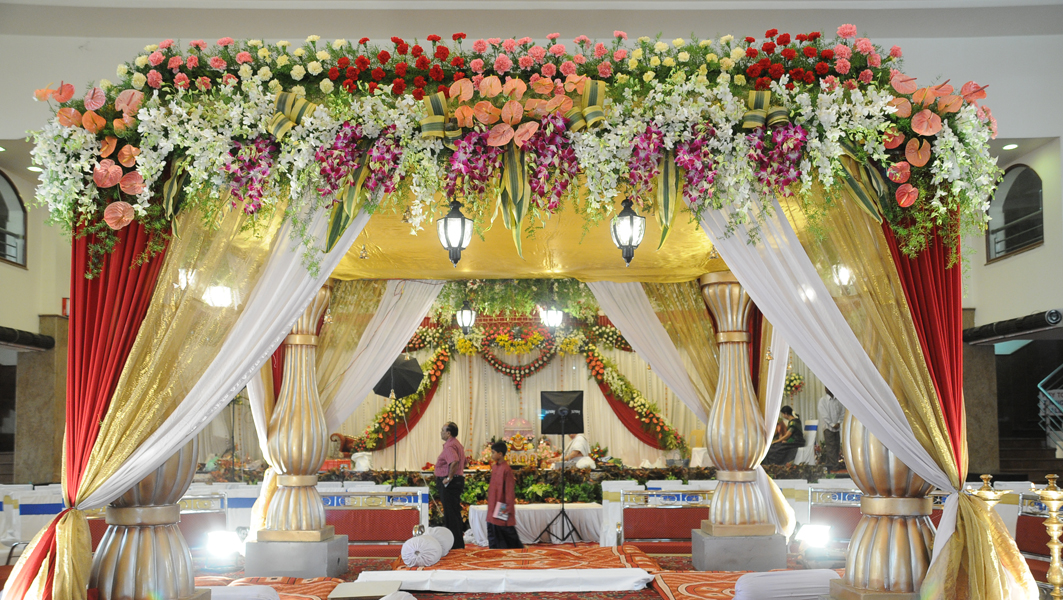
11. Capture the Moments
Capturing the moments of your destination wedding is crucial, as these memories will last a lifetime. Hire a professional photographer and videographer experienced in Indian weddings to document every ceremony and celebration. Discuss the style of photography you prefer, whether candid, traditional, or a blend of both.
Ensure they capture the essence of the location and the cultural richness of your wedding. Consider scheduling a pre-wedding photoshoot at iconic spots around the destination. Request a mix of posed and natural shots with family, friends, and as a couple to create a comprehensive and cherished wedding album.

12. Enjoy the Experience
A destination wedding in India is not just about the wedding day; it’s an entire experience. Embrace the local culture, cuisine, and traditions. Take time to relax and enjoy the surroundings with your partner. Plan activities for your guests, like sightseeing tours or cultural experiences, to make the most of the destination.
Remember, this is a celebration of your love, so amidst the hustle of the wedding, take moments to appreciate each other and the unique journey you’re on. Enjoy every second, from the planning stages to the big day itself.
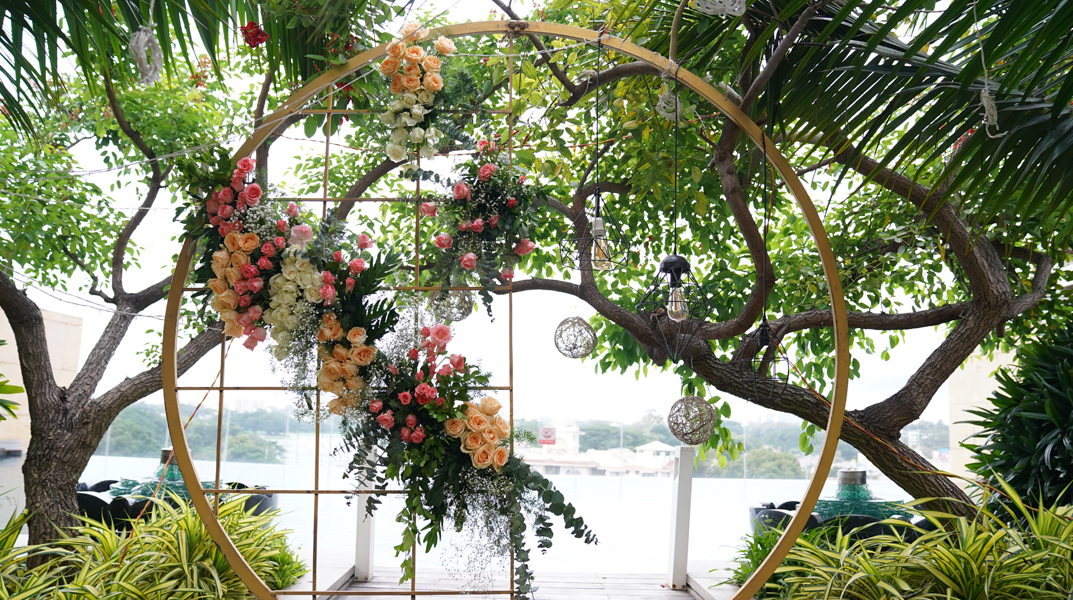
13. Thank Your Guests
Expressing gratitude to your guests is an essential part of your destination wedding. They’ve traveled far to celebrate with you, so consider thoughtful ways to show your appreciation. Welcome bags with local goodies, a personalized thank you note in each guest’s room, or a small farewell gift are great ways to say thanks.
During the wedding, take time to personally greet and thank your guests. Post-wedding, send out thank you cards with a personal message or include a photo from the wedding as a keepsake. These gestures will leave a lasting impression and show your guests how much their presence means to you.
